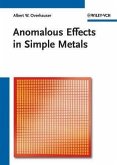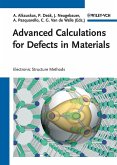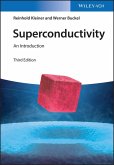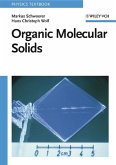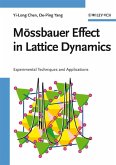Using potassium as an example, this work presents a unique approach to the anomalous effects in metals, resulting in knowledge that can be applied to similar materials. Most theoretical predictions on the electric, magnetic, optical, and thermal properties of a simple metal do - surprisingly - not agree with experimental behavior found in alkali metals. The purpose of this volume is to document the many phenomena that have violated expectations. It collects in one place the research by Albert Overhauser, one of the pioneers of the field. His and his collaborators work has led to a unified synthesis of alkali metal peculiarities. The unique collection of 65 reprint papers, commented where necessary to explain the context and perspective, is preceded by a thorough and well paced introduction. The book is meant to advanced solid state physics and science historians. It might also serve as additional reading in advanced solid state physics courses. With a foreword by Mildred and Gene Dresselhaus
Dieser Download kann aus rechtlichen Gründen nur mit Rechnungsadresse in A, B, BG, CY, CZ, D, DK, EW, E, FIN, F, GR, HR, H, IRL, I, LT, L, LR, M, NL, PL, P, R, S, SLO, SK ausgeliefert werden.



